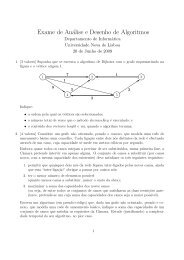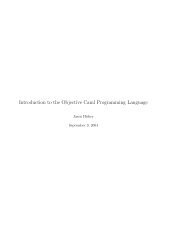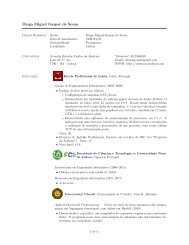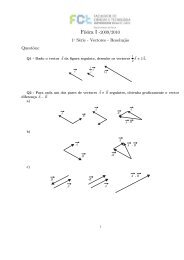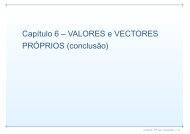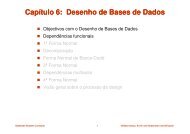Security Articles from Wikipedia
Security Articles from Wikipedia
Security Articles from Wikipedia
You also want an ePaper? Increase the reach of your titles
YUMPU automatically turns print PDFs into web optimized ePapers that Google loves.
Pretty Good Privacy 84<br />
<strong>Security</strong> quality<br />
To the best of publicly available information, there is no known method which will allow a person or group to break<br />
PGP encryption by cryptographic or computational means. Indeed, in 1996, cryptographer Bruce Schneier<br />
characterized an early version as being "the closest you're likely to get to military-grade encryption." [1] Early<br />
versions of PGP have been found to have theoretical vulnerabilities and so current versions are recommended. In<br />
addition to protecting data in transit over a network, PGP encryption can also be used to protect data in long-term<br />
data storage such as disk files. These long-term storage options are also known as data at rest, i.e. data stored, not in<br />
transit.<br />
The cryptographic security of PGP encryption depends on the assumption that the algorithms used are unbreakable<br />
by direct cryptanalysis with current equipment and techniques. For instance, in the original version, the RSA<br />
algorithm was used to encrypt session keys; RSA's security depends upon the one-way function nature of<br />
mathematical integer factoring. [2] Likewise, the symmetric key algorithm used in PGP version 2 was IDEA, which<br />
might, at some future time, be found to have a previously unsuspected cryptanalytic flaw. Specific instances of<br />
current PGP, or IDEA, insecurities—if they exist—are not publicly known. As current versions of PGP have added<br />
additional encryption algorithms, the degree of their cryptographic vulnerability varies with the algorithm used. In<br />
practice, each of the algorithms in current use is not publicly known to have cryptanalytic weaknesses.<br />
New versions of PGP are released periodically and vulnerabilities that developers are aware of are progressively<br />
fixed. Any agency wanting to read PGP messages would probably use easier means than standard cryptanalysis, e.g.<br />
rubber-hose cryptanalysis or black-bag cryptanalysis i.e. installing some form of trojan horse or keystroke logging<br />
software/hardware on the target computer to capture encrypted keyrings and their passwords. The FBI has already<br />
used this attack against PGP [3][4] in its investigations. However, any such vulnerabilities apply not just to PGP, but to<br />
all encryption software.<br />
In 2003, an incident involving seized Psion PDAs belonging to members of the Red Brigade indicated that neither<br />
the Italian police nor the FBI were able to decrypt PGP-encrypted files stored on them. [5]<br />
A more recent incident in December 2006 (see United States v. Boucher) involving US customs agents and a seized<br />
laptop PC which allegedly contained child pornography indicates that US Government agencies find it "nearly<br />
impossible" to access PGP-encrypted files. Additionally, a judge ruling on the same case in November 2007 has<br />
stated that forcing the suspect to reveal his PGP passphrase would violate his Fifth Amendment rights i.e. a suspect's<br />
constitutional right not to incriminate himself. [6][7] The Fifth Amendment issue has been opened again as the case<br />
was appealed and the federal judge again ordered the defendant to provide the key. [8]<br />
Evidence suggests that as of 2007, British police investigators are unable to break PGP, [9] so instead have resorted to<br />
using RIPA legislation to demand the passwords/keys. In November 2009 a British citizen was convicted under<br />
RIPA legislation and jailed for 9 months for refusing to provide police investigators with encryption keys to<br />
PGP-encrypted files. [10]<br />
History<br />
Early history<br />
Phil Zimmermann created the first version of PGP encryption in 1991. The name, "Pretty Good Privacy", is<br />
humorously ironic and was inspired by the name of a grocery store, "Ralph's Pretty Good Grocery", featured in radio<br />
host Garrison Keillor's fictional town, Lake Wobegon. This first version included a symmetric-key algorithm that<br />
Zimmermann had designed himself, named BassOmatic after a Saturday Night Live sketch. Zimmermann had been a<br />
long-time anti-nuclear activist, and created PGP encryption so that similarly inclined people might securely use<br />
BBSs and securely store messages and files. No license was required for its non-commercial use. There was not even<br />
a nominal charge, and the complete source code was included with all copies.



